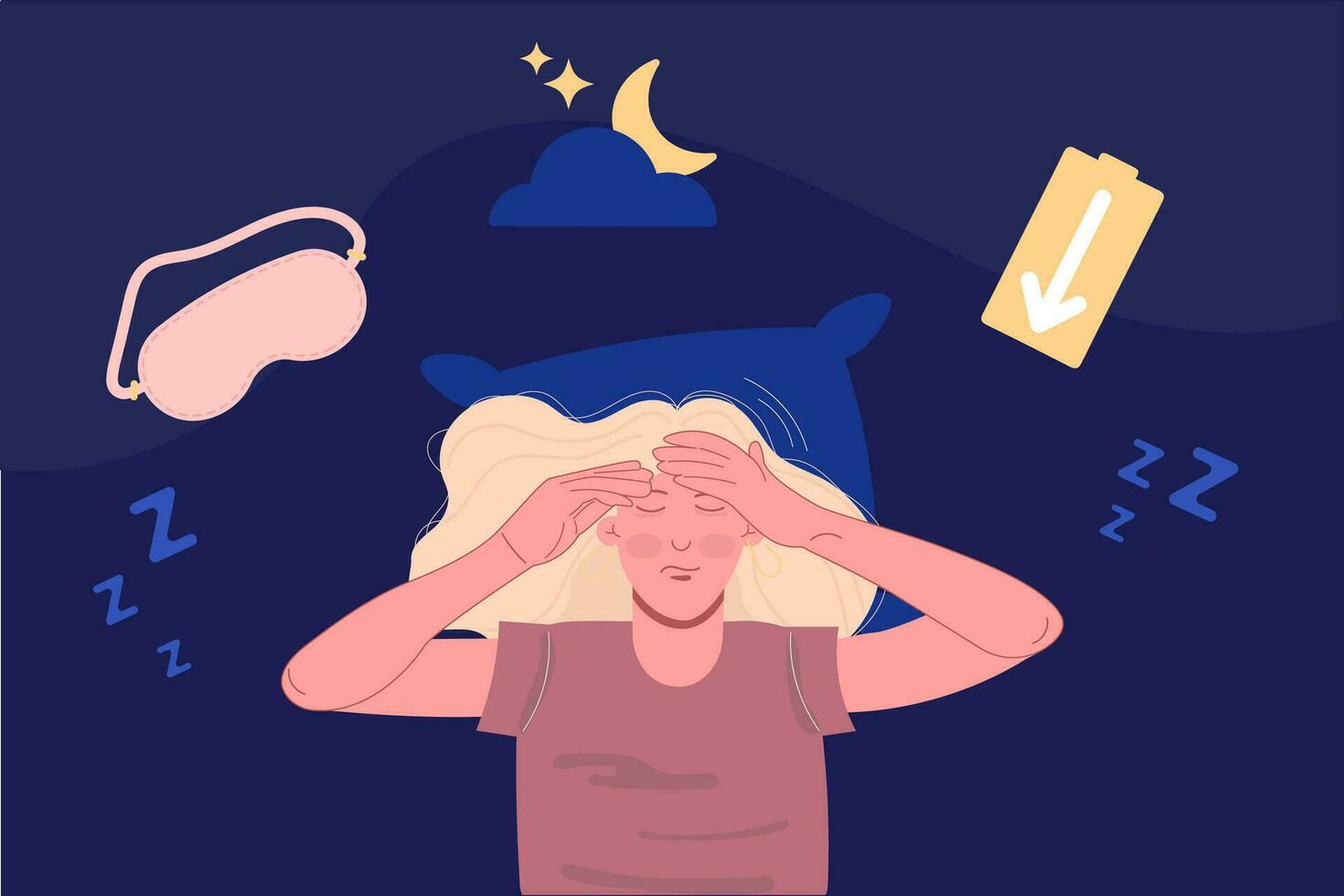Getting quality sleep isn’t just about how many hours you spend in bed—it’s also about the habits and environment that set you up for restful, restorative sleep. That’s where sleep hygiene comes in. Think of sleep hygiene as your personal toolkit for better shut-eye. Here are some easy-to-follow tips to help you fall asleep faster, stay asleep longer, and wake up feeling refreshed.
🕰 Stick to a Sleep Schedule
Go to bed and wake up around the same time every day – even on weekends. A consistent schedule helps to regulate your body’s internal clock (circadian rhythm), making it easier to fall asleep and wake up naturally. You are essentially training your brain and body on when to get tired, and when to get up and get going.
📵Power Down Before Bed
Turn off screens (phones, tablets, TVs) at least 30–60 minutes before bedtime. The blue light from devices can trick your brain into thinking it’s still daytime, making it harder to fall asleep. Choose softer lights in your room, rather than bright white LED lights. The softer lighting also helps your brain wind down and get ready for sleep.
🌙Create a Calming Bedtime Routine
Wind down with relaxing activities: take a warm shower, read a book, journal, or try some gentle stretching. This helps signal to your body that it’s time to rest.
🛏 Make Your Bedroom a Sleep Sanctuary
Keep your room cool, quiet, and dark. Use blackout curtains, earplugs, fan, or a white noise machine if needed. And save your bed for sleep and intimacy only—no working or scrolling while in bed. This trains your brain and body to associate the bed with sleep, rather than associating the bed with stressing, scrolling, or answering emails.
☕️Watch Your Caffeine & Alcohol
Cut off caffeine at least 6 hours before bed—it lingers in your system longer than you think. Alcohol may make you sleepy at first, but it disrupts deep sleep later in the night. Both caffeine and alcohol reduce your deep sleep – meaning you can go to sleep, but you don’t wake up feeling rested (and therefore start grabbing for more caffeine!).
🚶♂️Move Your Body (but maybe not right before bed)
Regular physical activity can help you sleep better – but try to avoid really intense workouts close to bedtime, which can leave you feeling too energized to sleep. Each person is different, so if you enjoy an evening workout and sleep great – keep it going.
☀️Get Some Morning Light
Natural light in the morning helps reset your sleep-wake cycle. Try stepping outside or opening the blinds shortly after you wake up, or if you feel sleepy early in the afternoon. Sun and bright light tells you body that it’s time to be awake. Dim light can tell your body it’s time to be sleepy. So, just like you need to limit bright lights from phones and the tv at bedtime to help your brain and body sleep, aim to get a little daylight when you want to feel the most awake.
Takeaway
Sleep is the foundation of good health. Just a few simple changes in your daily routine and sleep environment can have a huge impact on how you feel, think, and perform. Find one small change you can make to improve your sleep this week, whether it’s putting down the phone 10 minutes earlier, or aiming for a more consistent bedtime routine. Start small, stay consistent, and your body will thank you every morning.
Written by: Stephanie Anklan, Registered Dietitian




